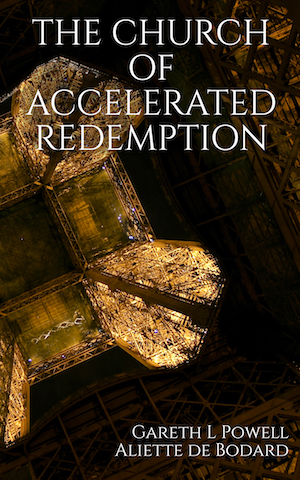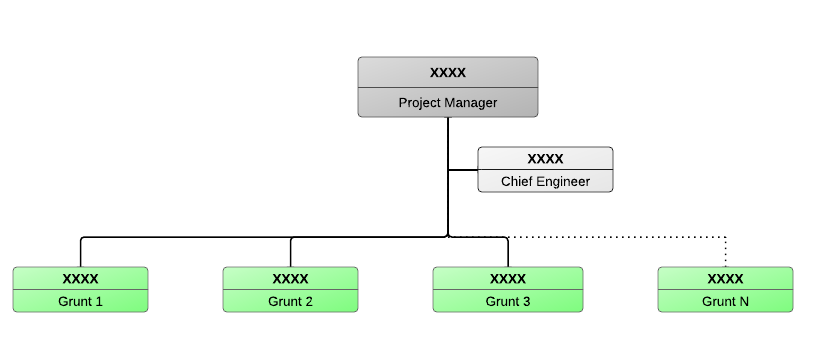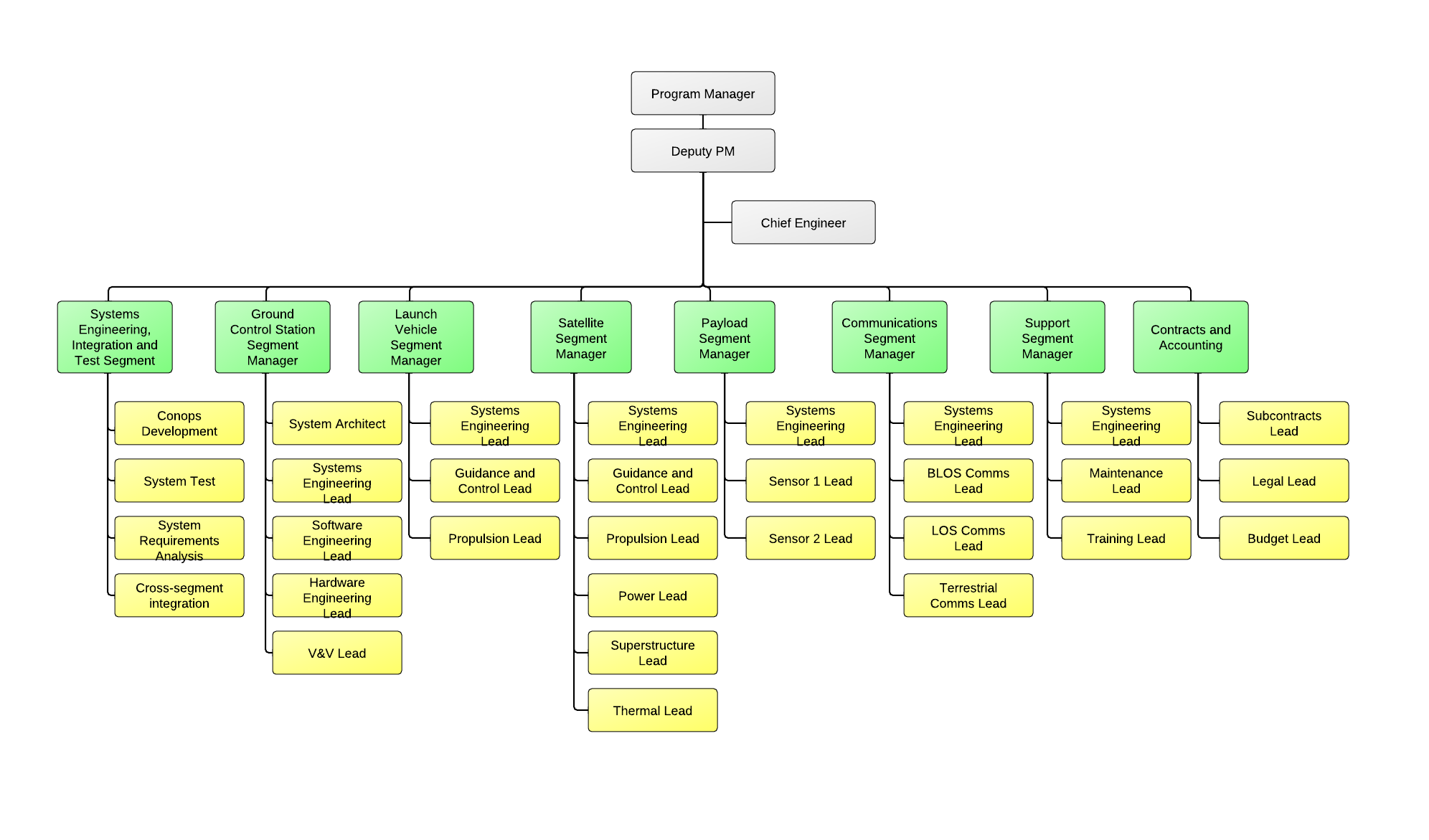There’s been a discussion on the blogosphere recently about women in SF, and their tendency to generally get ignored, whether by readers, awards or critics. In order to remedy this, a number of people have started discussions (see Torque Control for discussions of Justina Robson’s Natural History, Elizabeth Moon’s The Speed of Dark, and other future classics written by women), as well as lists. I’m linking to Ian Sales, who compiled two such lists: one of “mistressworks” (the female equivalent of Gollancz’s Masterworks series in the UK, which showcase classic SF but end up with a strong male dominance); the other one of works by 21st-Century women writers. (Kev McVeigh gave me a more complete list of 150 female SF writers, but it’s not online that I can find, which is here).
So, without further ado, my bit for the first meme (will get around to the second at some point):
You know how it works: bold those you’ve read, italicise those you own but have not read. (If you’ve read the entire named series, you can even emboldenize that as well.)
1 Frankenstein, Mary Shelley (1818)
2 Herland, Charlotte Perkins Gilman (1915)
3 Orlando, Virginia Woolf (1928)
4 Lest Ye Die, Cicely Hamilton (1928)
5 Swastika Night, Katherine Burdekin (1937)
(6 Wrong Side of the Moon, Francis Leslie Ashton (1951), removed because Francis Leslie Ashton is a man)
7 The Sword of Rhiannon, Leigh Brackett (1953)
8 Pilgrimage: The Book of the People, Zenna Henderson (1961)
9 Memoirs of a Spacewoman, Naomi Mitchison (1962)
10 Witch World, Andre Norton (1963)
11 Sunburst, Phyllis Gotlieb (1964)
12 Jirel of Joiry, CL Moore (1969)
13 Heroes and Villains, Angela Carter (1969)
14 Ten Thousand Light Years From Home, James Tiptree Jr (1973)
15 The Dispossessed, Ursula K Le Guin (1974)
16 Walk to the End of the World, Suzy McKee Charnas (1974)
17 The Female Man, Joanna Russ (1975)
18 Missing Man, Katherine MacLean (1975)
19 Arslan, MJ Engh (1976)
20 Floating Worlds, Cecelia Holland (1976)
21 Where Late the Sweet Birds Sang, Kate Wilhelm (1976)
22 Islands, Marta Randall (1976)
23 Dreamsnake, Vonda N McIntyre (1978)
24 False Dawn, Chelsea Quinn Yarbro (1978)
25 Shikasta [Canopus in Argos: Archives], Doris Lessing (1979)
26 Kindred, Octavia Butler (1979)
27 Benefits, Zoe Fairbairns (1979)
28 The Snow Queen, Joan D Vinge (1980)
29 The Silent City, Élisabeth Vonarburg (1981)
30 The Silver Metal Lover, Tanith Lee (1981)
31 The Many-Coloured Land [Saga of the Exiles], Julian May (1981)
32 Darkchild [Daughters of the Sunstone], Sydney J van Scyoc (1982)
33 The Crystal Singer, Anne McCaffrey (1982)
34 Native Tongue, Suzette Haden Elgin (1984)
35 The Handmaid’s Tale, Margaret Atwood (1985)
36 Jerusalem Fire, RM Meluch (1985)
37 Children of Anthi, Jay D Blakeney (1985)
38 The Dream Years, Lisa Goldstein (1985)
39 Despatches from the Frontiers of the Female Mind, Sarah Lefanu & Jen Green (1985)
40 Queen of the States, Josephine Saxton (1986)
41 The Wave and the Flame [Lear’s Daughters], Marjorie Bradley Kellogg (1986)
42 The Journal of Nicholas the American, Leigh Kennedy (1986)
43 A Door into Ocean, Joan Slonczewski (1986)
44 Angel at Apogee, SN Lewitt (1987)
45 In Conquest Born, CS Friedman (1987)
46 Pennterra, Judith Moffett (1987)
47 Kairos, Gwyneth Jones (1988)
48 Cyteen , CJ Cherryh (1988)
49 Unquenchable Fire, Rachel Pollack (1988)
50 The City, Not Long After, Pat Murphy (1988)
51 The Steerswoman [Steerswoman series], Rosemary Kirstein (1989)
52 The Third Eagle, RA MacAvoy (1989)
53 Grass, Sheri S Tepper (1989)
54 Heritage of Flight, Susan Shwartz (1989)
55 Falcon, Emma Bull (1989)
56 The Archivist, Gill Alderman (1989)
57 Winterlong [Winterlong trilogy], Elizabeth Hand (1990)
58 A Gift Upon the Shore, MK Wren (1990)
59 Red Spider, White Web, Misha (1990)
60 Polar City Blues, Katharine Kerr (1990)
61 Body of Glass (AKA He, She and It), Marge Piercy (1991)
62 Sarah Canary, Karen Joy Fowler (1991)
63 Beggars in Spain [Sleepless trilogy], Nancy Kress (1991)
64 A Woman of the Iron People, Eleanor Arnason (1991)
65 Hermetech, Storm Constantine (1991)
66 China Mountain Zhang, Maureen F McHugh (1992)
67 Fools, Pat Cadigan (1992)
68 Correspondence, Sue Thomas (1992)
69 Lost Futures, Lisa Tuttle (1992)
70 Doomsday Book, Connie Willis (1992)
71 Ammonite, Nicola Griffith (1993)
72 The Holder of the World, Bharati Mukherjee (1993)
73 Queen City Jazz, Kathleen Ann Goonan (1994)
74 Happy Policeman, Patricia Anthony (1994)
75 Shadow Man, Melissa Scott (1995)
76 Legacies, Alison Sinclair (1995)
77 Primary Inversion [Skolian Saga], Catherine Asaro (1995)
78 Alien Influences, Kristine Kathryn Rusch (1995)
79 The Sparrow, Mary Doria Russell (1996)
80 Memory [Vorkosigan series], Lois McMaster Bujold (1996)
81 Remnant Population, Elizabeth Moon (1996)
82 Looking for the Mahdi, N Lee Wood (1996)
83 An Exchange of Hostages [Jurisdiction series], Susan R Matthews (1997)
84 Fool’s War, Sarah Zettel (1997)
85 Black Wine, Candas Jane Dorsey (1997)
86 Halfway Human, Carolyn Ives Gilman (1998)
87 Vast, Linda Nagata (1998)
88 Hand of Prophecy, Severna Park (1998)
89 Brown Girl in the Ring, Nalo Hopkinson (1998)
90 Dreaming in Smoke, Tricia Sullivan (1999)
91 Ash: A Secret History, Mary Gentle (2000)
All in all, not a shining example of completeness from me (though, to be fair, I don’t read that much SF, and I suspect my showing on a meme of SF Masterworks would also be dismal). It’s dismaying (and it’s part of the point) that even though I’m a woman and a feminist, I’ve read so little. I’m making notes to improve on that score, by adding a lot of those books to my to-read list. How many can you bold on the list?


